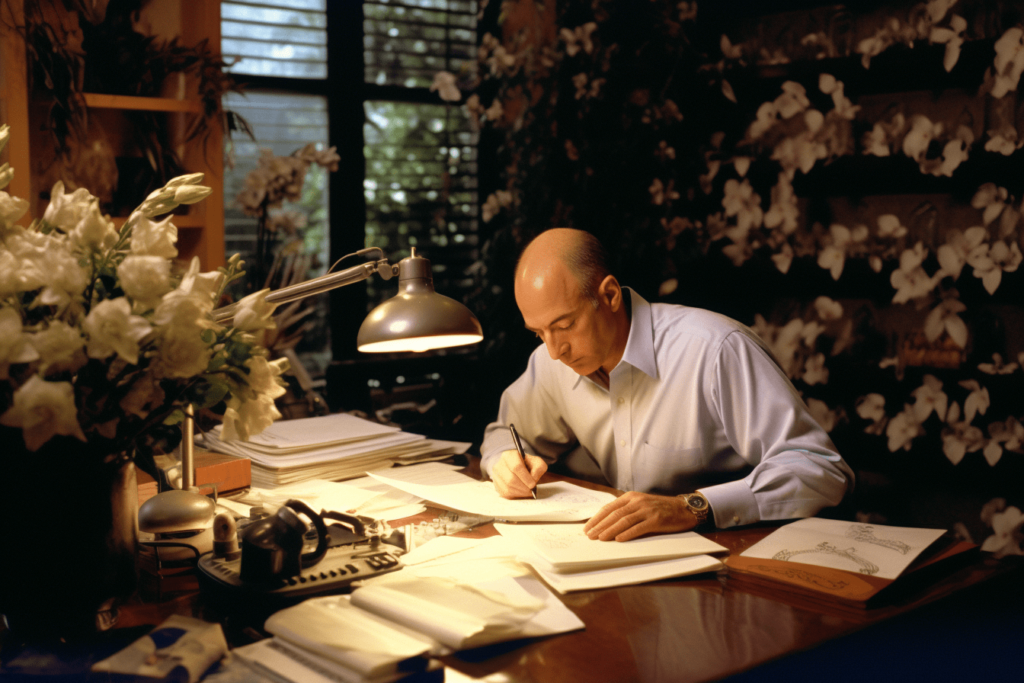In a riveting three-hour episode of the Joe Rogan Experience (#2404), released on October 31, 2025, Elon Musk joins host Joe Rogan for a deep dive into technology, society, politics, and the future of humanity. Musk, the visionary behind SpaceX, Tesla, Neuralink, and X (formerly Twitter), appears relaxed and candid, sharing insights from his latest projects while touching on controversial topics like AI biases, government inefficiencies, and the possibility of living in a simulation. With over 79,000 views already, this podcast episode is a must-listen for anyone interested in the intersection of innovation and real-world challenges.
From Bezos’ Glow-Up to Gigachad Memes: Starting Light
The conversation kicks off on a humorous note, with Rogan and Musk marveling at Jeff Bezos’ dramatic physical transformation. Musk jokes about achieving “Gigachad” status—a meme representing an ultra-muscular, idealized male figure—while discussing fitness, testosterone, and strongmen like Hafþór Björnsson (The Mountain from Game of Thrones) and Brian Shaw. They even reference André the Giant and the challenges of maintaining extreme physiques, blending pop culture with personal health insights.
Suspicious Deaths and Tech Intrigue: Sam Altman and Whistleblowers
Things take a darker turn as they dissect Tucker Carlson’s interview with OpenAI’s Sam Altman, focusing on a whistleblower’s suspicious “suicide.” Musk highlights odd details like cut security wires, blood in multiple rooms, and a recent DoorDash order, echoing Epstein conspiracy theories. He vows never to commit suicide and promises to reveal any alien evidence on Rogan’s show, adding a layer of intrigue to his public persona.
Cosmic Threats: Comets, Asteroids, and Extinction Events
Musk discusses the interstellar object “Three-Eyed Atlas,” a nickel-rich comet that’s changed course, sparking speculation. He explains Earth’s nickel deposits from ancient impacts and warns of extinction-level events, citing the Permian and Jurassic extinctions. Rogan shares his awe from touring SpaceX and witnessing a Starship launch, feeling the rumble from two miles away as satellites deployed to Australia in under 40 minutes.
SpaceX Innovations: Starship, Reusability, and Mars Dreams
Musk delves into Starship’s development, emphasizing intentional failures to test limits, like removing heat shield tiles for reentry simulations at 17,000 mph. He highlights Raptor 3 engines’ improvements, aiming for full reusability to slash space costs by a factor of 100. Visions include Mars colonization, a moon base, and turning Starbase, Texas, into a city. They critique the Titan submarine’s flawed carbon-fiber design and contrast it with steel’s reliability.
Tesla’s Futuristic Edge: Cybertruck and the Flying Roadster
Shifting to Tesla, Musk praises the Cybertruck’s bulletproof stainless steel, faster-than-Porsche acceleration, and superior towing. He teases an updated Model 3 and Y, plus a robotic bus with art deco aesthetics. The highlight? A revolutionary Roadster prototype with “crazy technology” potentially enabling flight, promising an unforgettable unveil by year’s end—crazier than any James Bond gadget.
Managing Chaos: Time, X, and Ending Censorship
Musk explains his multitasking across companies, posting on X in short bursts. He recounts acquiring Twitter to combat the “woke mind virus” and censorship, exposing government involvement in suppressing stories. This led to policy shifts across platforms and a drop in trans-identifying youth trends. They slam California’s policies, corporate exodus (like In-N-Out to Tennessee), and homeless “scams.”
AI Dangers and Promises: Bias, Music, and a No-App Future
Musk warns of AI infected by biases, citing examples where models devalue certain lives or prioritize misgendering over nuclear war. He promotes xAI’s Grok as truth-seeking and equal-valuing. Fun moments include AI-generated music jokes, while serious talk covers XChat encryption and an app-less AI-driven world.
Politics and Fraud: Immigration, DOGE, and National Debt
They tackle immigration incentives, voter fraud via Social Security numbers, and government shutdown “fraud.” Musk details his DOGE (Department of Government Efficiency) efforts, cutting billions in waste but facing threats and bipartisan pushback. He advocates eliminating departments like Education for better results through state competition and warns of national debt exceeding military spending.
Simulation Theory and Utopian Futures
Musk reiterates simulation odds, suggesting interesting outcomes persist to avoid “termination.” He envisions AI and robotics enabling universal high income, eliminating poverty in a “benign scenario”—ironically achieving socialist utopia via capitalism. Jobs shift from digital to physical, eventually becoming optional, raising questions of meaning. He recommends Iain M. Banks’ Culture series for post-scarcity insights.
Media Blackouts and Space Rescues: ISS Astronauts and Political Games
Musk reveals SpaceX rescued ISS astronauts delayed by Boeing issues and White House politics, preventing pre-election optics. Despite success, media coverage was minimal, highlighting biases. They critique legacy media as far-left propaganda and discuss figures like Gavin Newsom, Donald Trump, and NYC’s socialist risks under potential leaders like Mondaire Jones.
Wrapping Up: Irony, Abundance, and the Most Interesting Timeline
The episode concludes with Musk’s maxim: the most ironic, entertaining outcome is likely. From capitalist-driven abundance to avoiding AI dystopias, it’s a thought-provoking blend of optimism and caution. As Musk puts it, we’re in the most interesting of times—facing decline and prosperity intertwined.
